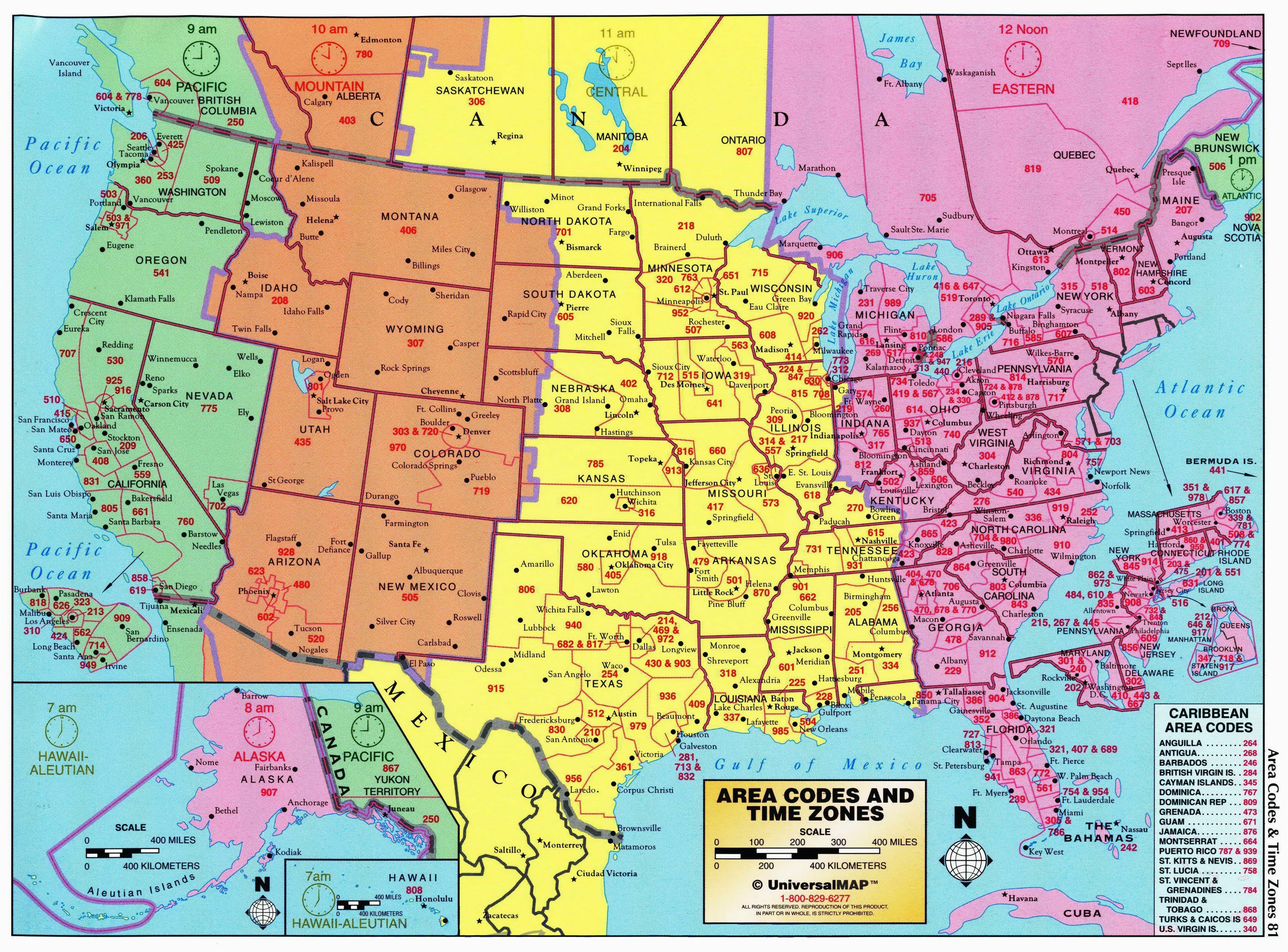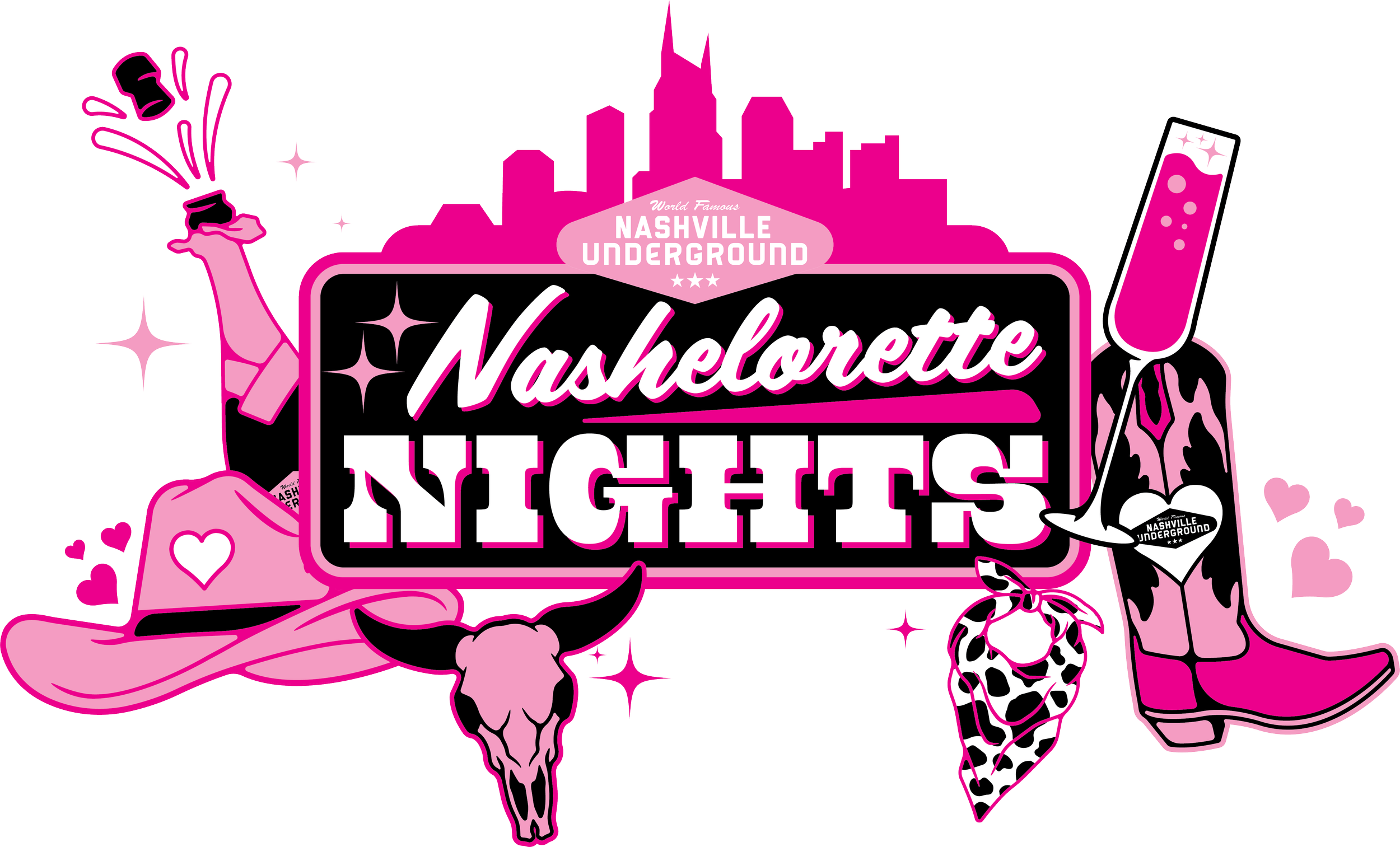Nashville, a vibrant city known for its rich musical heritage and bustling urban lifestyle, often raises questions about its time zone. Many people wonder, “Is Nashville on Eastern Time?” While it may seem like a straightforward question, the answer involves understanding the nuances of time zones in the United States. Nashville operates on Central Standard Time (CST), but its geographical location near the Eastern Time Zone boundary often sparks curiosity. This article dives deep into the topic, unraveling the complexities of Nashville’s time zone and its implications.
As one of the fastest-growing cities in the U.S., Nashville’s time zone plays a significant role in its daily operations. Whether you’re planning a visit, scheduling a business meeting, or simply curious about how time zones work, knowing whether Nashville is on Eastern Time is essential. The city’s unique position makes it a fascinating case study for exploring how time zones impact urban life, regional connectivity, and even cultural practices. We’ll also examine how daylight saving time affects Nashville and its residents.
Beyond the technicalities of time zones, this article sheds light on how Nashville’s time zone influences its economy, tourism, and cultural events. From the iconic Grand Ole Opry to bustling corporate hubs, the city thrives on a schedule that aligns with Central Time. However, its proximity to Eastern Time Zone states like Kentucky and North Carolina adds an interesting layer to the discussion. By the end of this article, you’ll have a comprehensive understanding of Nashville’s time zone dynamics and why this topic matters more than you might think.
Read also:Who Is Stevie Nicks Guitarist Unveiling The Magic Behind The Music
Table of Contents
- Is Nashville on Eastern Time?
- Understanding Time Zones in the U.S.
- How Does Nashville Benefit from Central Time?
- Daylight Saving Time and Its Impact on Nashville
- Why Is Nashville Often Confused with Eastern Time?
- What Are the Practical Implications of Nashville’s Time Zone?
- How Can You Adjust to Nashville’s Time Zone?
- FAQs About Nashville and Time Zones
Is Nashville on Eastern Time?
Let’s address the burning question: Is Nashville on Eastern Time? The short answer is no. Nashville operates on Central Standard Time (CST), which is one hour behind Eastern Standard Time (EST). However, the confusion arises because Nashville is geographically close to the Eastern Time Zone boundary. This proximity often leads people to mistakenly assume that the city aligns with Eastern Time.
The Central Time Zone spans several states, including Tennessee, where Nashville is located. While parts of eastern Tennessee, such as Knoxville and Chattanooga, fall under the Eastern Time Zone, Nashville remains firmly in Central Time. This division can be perplexing for visitors and newcomers who expect uniformity across the state. The distinction is crucial for anyone coordinating activities or planning travel to Nashville.
Another factor contributing to the confusion is the impact of daylight saving time. During daylight saving time, Nashville observes Central Daylight Time (CDT), which is still one hour behind Eastern Daylight Time (EDT). This seasonal adjustment affects schedules and can create additional misunderstandings. Understanding these nuances is key to navigating time-related challenges in Nashville and ensuring smooth communication and planning.
Understanding Time Zones in the U.S.
Before delving deeper into Nashville’s time zone, it’s essential to grasp the broader context of time zones in the United States. The U.S. is divided into four primary time zones: Eastern, Central, Mountain, and Pacific. Each time zone serves a specific region, ensuring consistency in timekeeping across vast geographical areas. These divisions are based on longitudinal lines, which help standardize time across the country.
Central Standard Time (CST), observed by Nashville, covers a significant portion of the U.S., including states like Texas, Illinois, and Missouri. This time zone is six hours behind Coordinated Universal Time (UTC-6). In contrast, Eastern Standard Time (EST) is five hours behind UTC (UTC-5). The one-hour difference between CST and EST is what sets Nashville apart from cities like New York, Atlanta, and Miami.
Time zones were established to streamline communication and transportation across the country. Before their implementation, local solar time varied from town to town, creating chaos for railroads and businesses. The introduction of standardized time zones in the late 19th century revolutionized how people managed schedules and coordinated activities. Today, time zones remain a vital tool for maintaining order in an interconnected world.
Read also:Kevin Spacey Kids A Deep Dive Into His Life And Family Secrets
How Does Nashville Benefit from Central Time?
Nashville’s alignment with Central Time offers several advantages, particularly in terms of regional connectivity and economic activity. As a hub for the music industry, healthcare, and technology, the city benefits from being in sync with major markets in the Central Time Zone. This alignment facilitates smoother business operations and enhances collaboration with cities like Chicago, Dallas, and Houston.
Moreover, Central Time allows Nashville to balance its interactions with both Eastern and Western regions of the U.S. Being one hour behind Eastern Time and two hours ahead of Pacific Time creates a strategic midpoint for communication and scheduling. This positioning is especially valuable for companies operating across multiple time zones, as it minimizes disruptions and maximizes productivity.
On a cultural level, Central Time aligns well with Nashville’s vibrant lifestyle. The city’s famous live music scene, sports events, and festivals thrive on schedules that cater to a broad audience. By adhering to Central Time, Nashville ensures that its events are accessible to a wider demographic, attracting visitors and participants from across the country.
Daylight Saving Time and Its Impact on Nashville
Daylight saving time (DST) is another critical aspect of Nashville’s time zone dynamics. Like most of the U.S., Nashville observes DST, which involves setting clocks forward by one hour in the spring and back by one hour in the fall. During DST, the city transitions from Central Standard Time (CST) to Central Daylight Time (CDT), maintaining its one-hour difference from Eastern Time.
The impact of DST on Nashville is multifaceted. On the positive side, the extra hour of daylight in the evening encourages outdoor activities and boosts local businesses, such as restaurants and entertainment venues. Residents and visitors alike take advantage of the extended daylight to explore Nashville’s attractions, from the scenic parks to the lively honky-tonks on Broadway.
However, DST also presents challenges. The biannual clock changes can disrupt sleep patterns and affect productivity. For businesses operating across time zones, the transition period may require additional adjustments to ensure seamless operations. Despite these drawbacks, DST remains a widely accepted practice, and Nashville continues to adapt to its seasonal rhythms.
Why Is Nashville Often Confused with Eastern Time?
One might wonder, why is Nashville often confused with Eastern Time? The answer lies in its geographical location and cultural connections. Nashville sits near the boundary between the Central and Eastern Time Zones, making it a transitional area that blurs the lines between the two. This proximity creates a natural inclination for people to associate Nashville with Eastern Time, especially those unfamiliar with Tennessee’s time zone divisions.
Additionally, Nashville’s economic and cultural ties to Eastern Time Zone cities contribute to the confusion. The city’s thriving music industry, for instance, often collaborates with hubs like New York and Atlanta, both of which operate on Eastern Time. These partnerships can create the impression that Nashville shares the same time zone, even though it doesn’t.
Another factor is the presence of Eastern Time Zone areas within Tennessee itself. Cities like Knoxville and Chattanooga are just a short drive from Nashville, further muddying the waters for visitors and newcomers. This internal division within the state adds to the perception that Nashville might align with Eastern Time, despite its Central Time designation.
What Are the Practical Implications of Nashville’s Time Zone?
For Businesses
Nashville’s time zone has significant implications for businesses operating in the city. Being in Central Time allows companies to coordinate effectively with other major markets in the Central Time Zone, such as Chicago and Dallas. This alignment streamlines communication and reduces the likelihood of scheduling conflicts, which is crucial for industries like finance, logistics, and technology.
However, businesses must also navigate the challenges of working across multiple time zones. For instance, collaborating with partners or clients in Eastern or Pacific Time Zones requires careful planning to accommodate the one- or two-hour difference. This dynamic necessitates flexibility and adaptability, traits that Nashville’s business community has honed over the years.
For Travelers
Travelers to Nashville should be mindful of the city’s time zone to avoid confusion. Whether you’re flying in from New York or driving from Atlanta, adjusting to Central Time is essential for making the most of your visit. This includes setting alarms, scheduling tours, and coordinating with local attractions and events.
For international travelers, understanding Nashville’s time zone is equally important. Converting time differences and planning activities accordingly ensures a smooth and enjoyable trip. Additionally, being aware of daylight saving time changes can help travelers avoid potential scheduling mishaps during their stay.
How Can You Adjust to Nashville’s Time Zone?
Adjusting to Nashville’s time zone is relatively straightforward, especially if you’re traveling from within the U.S. Start by familiarizing yourself with Central Time and its relationship to other time zones. This knowledge will help you plan your itinerary and stay on schedule during your visit.
If you’re traveling from a significantly different time zone, consider gradually adjusting your sleep schedule in the days leading up to your trip. This approach can help minimize jet lag and ensure you’re well-rested upon arrival. Additionally, staying hydrated and maintaining a consistent routine can ease the transition to Central Time.
For those relocating to Nashville, embracing the city’s time zone is part of the adjustment process. Take advantage of the vibrant local culture and community events to immerse yourself in the rhythm of Central Time. Over time, you’ll find that Nashville’s time zone becomes second nature, enhancing your overall experience in the city.
FAQs About Nashville and Time Zones
Is Nashville on Eastern Time or Central Time?
Nashville is on Central Time (CST/CDT), not Eastern Time. It is one hour behind Eastern Time, despite its proximity to the Eastern Time Zone boundary.
Does Nashville Observe Daylight Saving Time?
Yes, Nashville observes daylight saving time, transitioning between Central Standard Time (CST) and Central Daylight Time (CDT) annually.
Why Is Nashville’s Time Zone Important for Visitors?
Understanding Nashville’s time zone helps visitors plan their schedules, coordinate activities, and avoid confusion when traveling from other regions or countries.
Conclusion
In conclusion, Nashville’s time zone is a fascinating aspect of its identity, influencing everything from daily life to economic activity. While the city is not on Eastern Time, its unique position near the time zone boundary adds an intriguing layer to its story. By understanding the nuances of Central Time and its implications, you can navigate Nashville with confidence and make the most of your experience in this vibrant city.
Whether you’re a business professional, a traveler, or simply curious about time zones, Nashville’s alignment with Central Time offers valuable insights into the interconnectedness of modern life. Embrace the rhythm of Central Time, and discover how it shapes the heartbeat of Music City.

